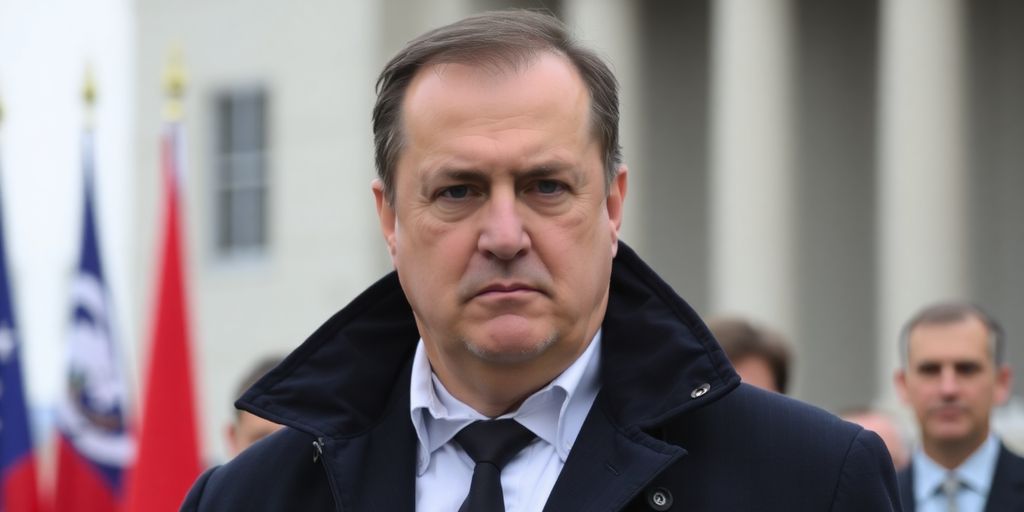Political tensions are escalating in Bosnia and Herzegovina as Milorad Dodik, the strongman leader of Republika Srpska (RS), defiantly rejects a court ruling that terminated his mandate as president. Dodik, who was recently convicted for refusing to implement decisions by the High Representative in BiH, has vowed to organize a referendum in late September, challenging the authority of both the Court of Bosnia and Herzegovina and the Central Election Commission.
Dodik’s Defiance and Legal Challenges
Milorad Dodik’s appeal against the Central Election Commission’s decision to revoke his mandate as President of Republika Srpska was rejected by the Court of Bosnia and Herzegovina on August 18. Despite this, Dodik has declared he will not respect the ruling, stating, "I will not respect it. I respect the will of the people." He announced plans for a referendum on his position, asserting his continued legitimacy as president, elected by the people. Legal experts, however, argue that such a referendum would not be legally binding and could not overturn court decisions, potentially leading citizens into a "dangerous illusion" and further damaging the rule of law.
Political Maneuvers and Potential Destabilization
Following the court’s decision, the Prime Minister of Republika Srpska, Radovan Višković, announced his resignation as part of a plan to form a new government with broader decision-making power. Dodik has also proposed legislative amendments that would criminalize participation in organizing elections and prohibit the use of schools and cultural centers as polling stations. His ruling SNSD party intends to boycott the elections, and Dodik has threatened a series of referendums, including one on the independence of Republika Srpska. These actions are seen as a significant threat to peace in the Balkans, pitting Russia and Serbia against the United States and the European Union.
Expert Opinions and Future Outlook
Political analysts suggest that Dodik’s maneuvering space is significantly narrowed. They point out that a referendum would not be legally binding and that there are practical issues, such as the resignation of the Republic Electoral Commission members, that would complicate its execution. Some speculate that Dodik might be waiting for external political support, possibly from Donald Trump. While some do not expect an immediate escalation of tensions, the situation remains volatile, with legal experts emphasizing the importance of respecting the constitution, laws, and institutions in a country still struggling with the rule of law.
Key Takeaways
- Milorad Dodik’s mandate as President of Republika Srpska has been officially terminated by the Court of Bosnia and Herzegovina.
- Dodik rejects the court’s decision and plans to hold a referendum on his position.
- Legal experts state that any referendum challenging court rulings would be legally invalid.
- Dodik’s actions, including proposed legislative changes and threats of secessionist referendums, are viewed as destabilizing for Bosnia and Herzegovina.
- The political crisis highlights ongoing tensions between Serb separatism and the central government, with international implications.
Sources
- What’s next for Dodik after the Court of BiH decision?, European Western Balkans.
- As Ousted Serb Strongman Vows Revenge, Bosnia Holds its Breath, Balkan Insight.
- Serb Political Maneuver Could Destabilize Bosnia, Transitions – Transitions.
- Bomb threat disrupts key Serb Republic parl session – report | Bosnia and Herzegovina Politics News, SeeNews.






